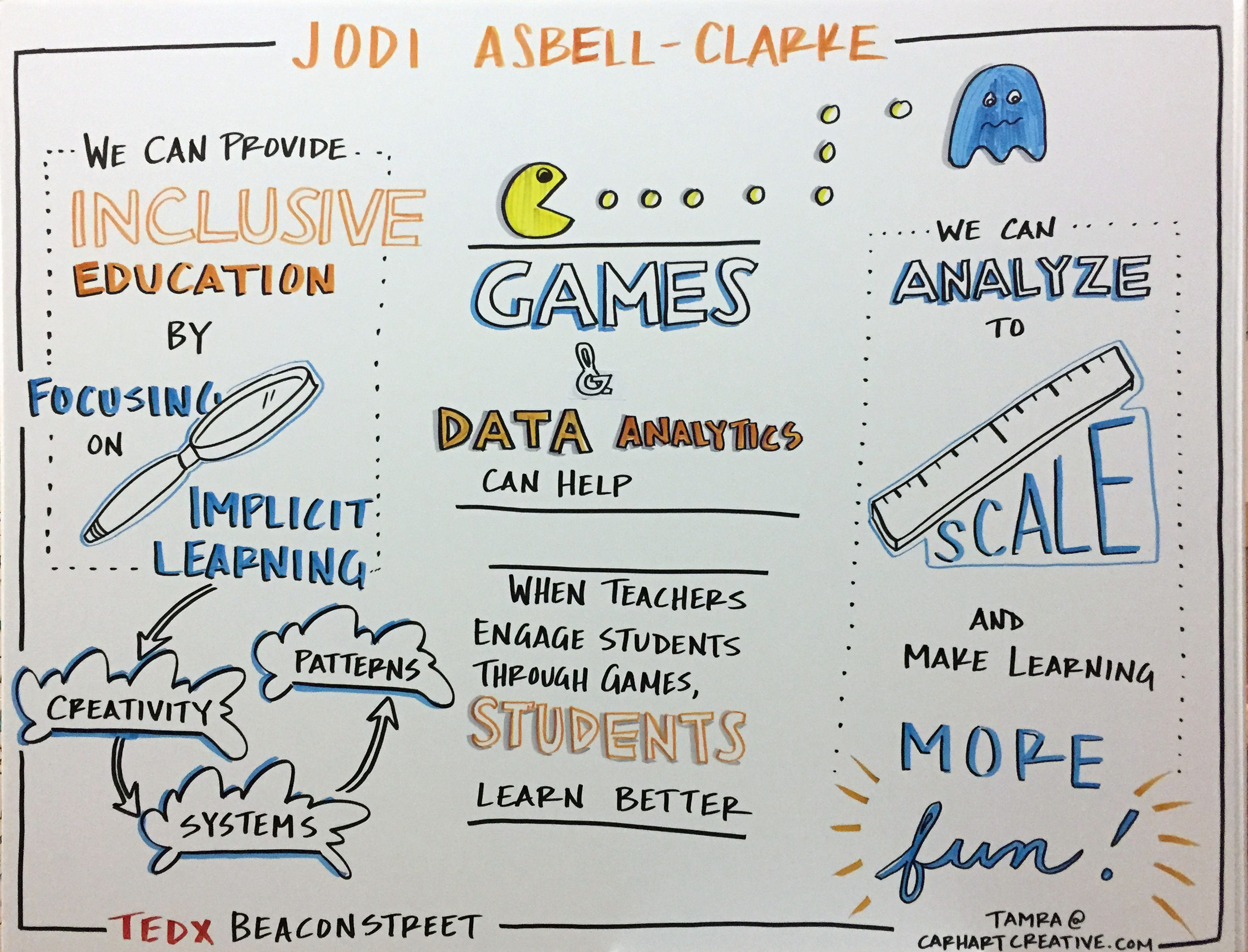Showing 211-220 of 621 results for Exam MKT-101 Tutorial 🔇 Exam MKT-101 Simulator Free 🦀 MKT-101 Well Prep ➡️ Download [ MKT-101 ] for free by simply searching on ▷ www.pdfvce.com ◁ 🚊Latest MKT-101 Braindumps Files
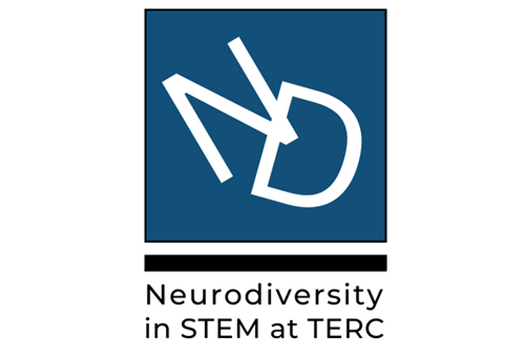
Neurodiversity in STEM is a network of educators, researchers, and designers studying new methods to reveal, nurture, and support STEM problem-solving talents in neurodivergent learners.
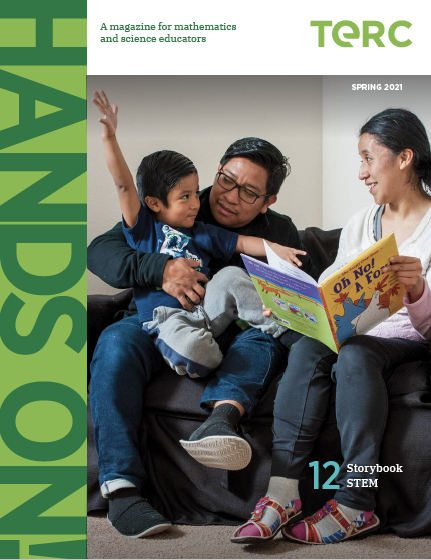
Articles include: *"I think around the box": Experiences of a Native Two-spirit Undergraduate Student in Computing *If You Know the Answer, Don't Ask the Question: Open-ended questions and math conversation *Storybook Stem: Children's Literature as a Tool for Supporting Equitable STEM Learning for Families
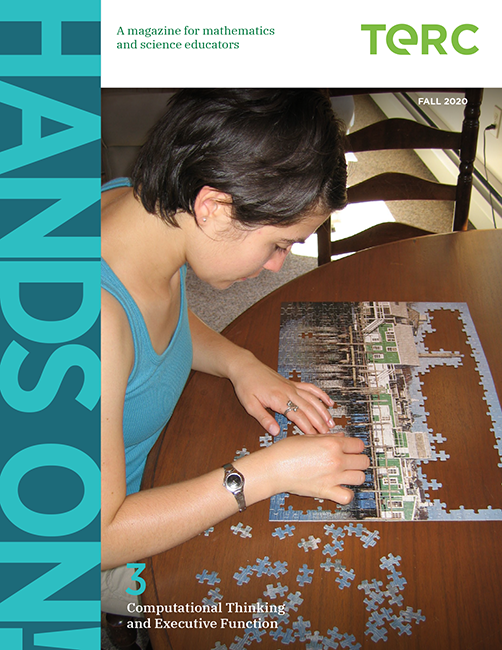
Articles include: *Computational Thinking and Executive Function: Where Neurodiveristy Shines *Introducing the Signing Bioscience Dictionary (SBD) *Mathematical Argumentation, Open-ended Conjecturing, and Equity
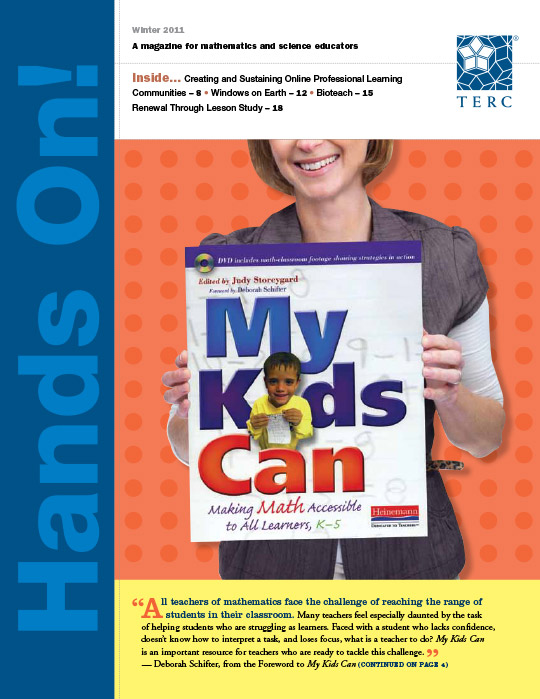
Articles include: * Creating and Sustaining Online Professional Learning Communities * Windows on Earth * Bioteach * Renewal Through Lesson Study
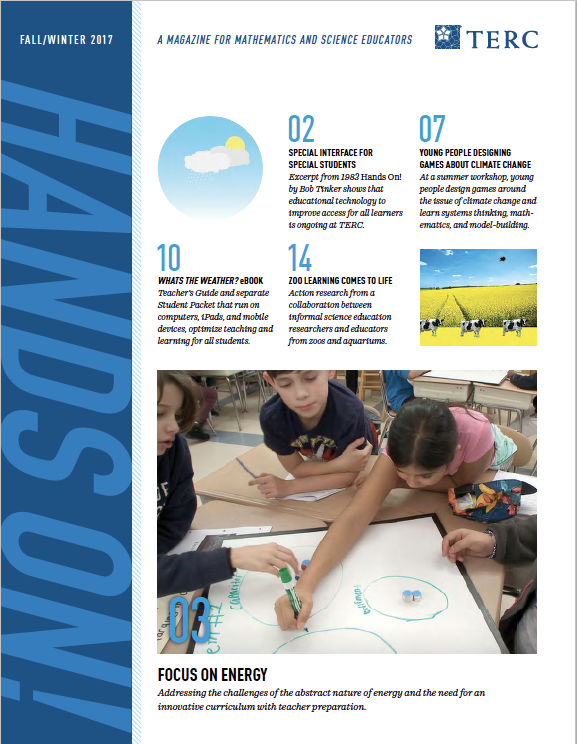
Articles include: * Special Interface for Special Students * Focus on Energy * Young People Designing Games About Climate Change * Whats the Weather? eBook * Zoo Learning Comes to Life
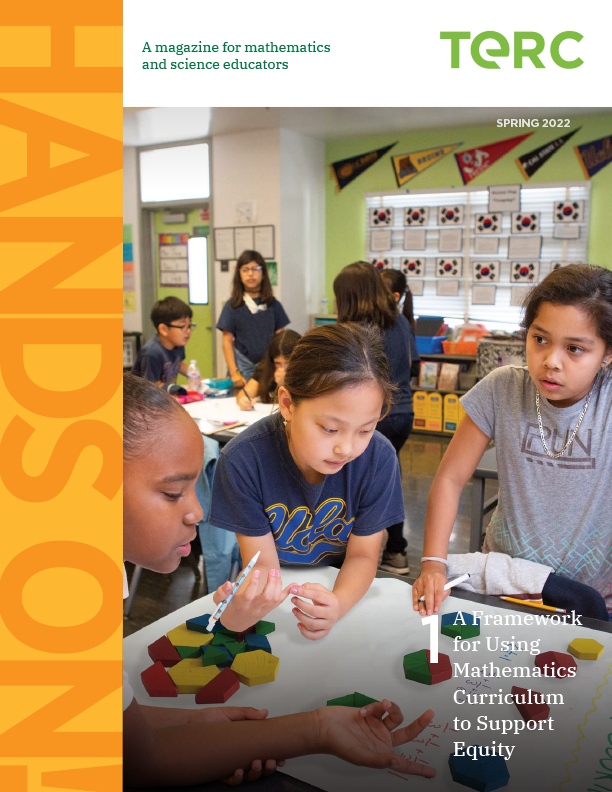
Articles include: * A Framework for Using Mathematics Curriculum to Support Equity * STEM Workforce Stories for Adolescents Who Are Deaf or Hard of Hearing * 3D Making as a Context for Learning Math, Spatial Reasoning, and Computational Thinking * If it Has to Last, NASP
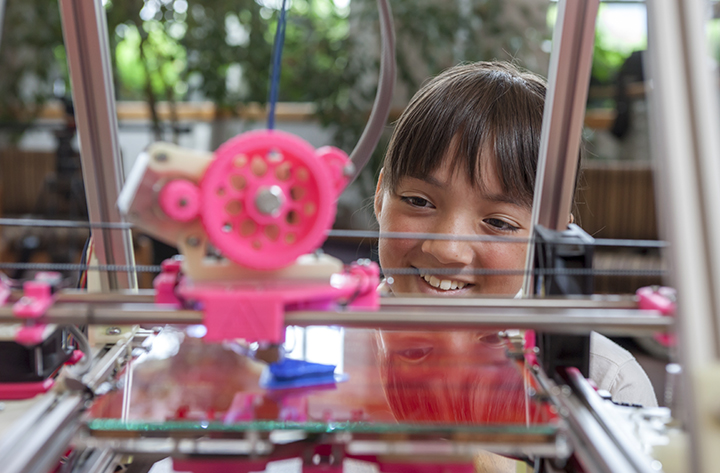
MPACT provides opportunities for students to engage in computational thinking, spatial reasoning, and mathematical concepts through design and hands-on making projects.
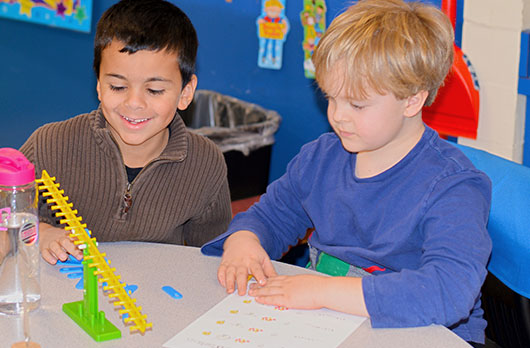
Project LEAP researchers are developing a Grades K–5 Early Algebra Learning Progression (EALP) to foster young children’s algebraic thinking and are testing its potential to improve children’s algebra-readiness for middle grades.
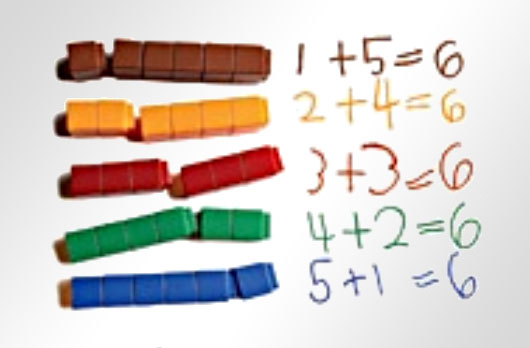
Strategies for Building Algebraic Thinking in Elementary Grades

